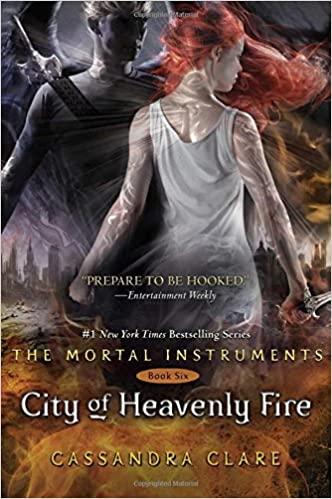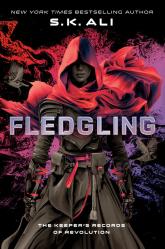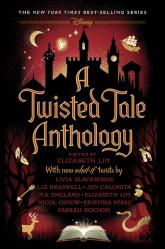This is a book that helps make the series as deserving of contempt as it is. An unspoken add-on to the review headline is that if you were dedicated enough to be reading the book to begin with, your mileage may vary, because the series was already on its way to this review long before it came to the City of Heavenly Fire.
There's an elephant in the room called "What is Cassandra Clare doing with Sebastian Morgenstern?". I think that Cassandra Clare has a disturbing pattern of including incest in her works, including this one. You can’t say that she condemns it either. She has written about a romantic relationship between Ron and Ginny Weasley in the past, as well as tweeted about Damon and Stefan Salvatore from The Vampire Diaries in the same context. It was weird and it should also be taken into consideration that she continues to explore this in the Shadowhunter world, where she made Clary and Jace think they were biological siblings and simultaneously fail to suppress their love, made Alec romantically like Jace when they were adopted siblings, made Sebastian seduce Clary when they are biological siblings, and so on. Thus, I hope that you find my distaste for a Clare book partially built on Sebastian’s romantic desire for Clary reasonable. It downright romanticized it. The big antagonist is Sebastian, who is turning more Shadowhunters into Endarkened, and Clary and her friends are able to advance as they do in the plot because of the romantic infatuation he has with her, basically. Given Clare’s history… you have been warned.
Anyhow, moving onto the actual book, the characters appear as a collection of words on a page and nothing more. They are pretty much a blatantly unreal bag of tropes and they let you know it. There are barely any differences in personality from the archetypes that appear again and again in Clare books. Jace is Emma, Clary is Tessa-- their quips and banter could have their names substituted for one another and nobody would even notice. And they do a lot of quips and banter at the strangest times, which is great for the runners of the-mortal-instruments-incorrect-quotes.tumblr.com, but when I see jokes about baking cakes in a demonic wasteland that could really be attributed to anybody in the series, I sort of hope for it to nod at some personality backbones instead of make up the personality backbones themselves.
They each have unique backstories and trauma that would surely influence the way they behave. I struggle to understand why Clare invested more into making them all equally sarcastic and witty (just kidding, I know why. It’s to appeal to a teenage audience and make money) rather than making them more unique than some choice scenes where they reference said backstories and trauma. The characters are immature and melodramatic when faced with serious issues like Sebastian ending the world-- he’s ending the world in this one and they still focus too much on love drama! It is also disturbing that the teenagers are as sexualized as they are.
More specifically about the characters, Alec becomes the sassy gay character in this book. He never apologizes to Magnus for his biphobic insults in City of Fallen Angels, has no character development, doesn’t make much of an effort to improve, and makes up with Magnus because... Alec saved him from the brink of death and now the problems in their relationship are washed away by the desperation of their love in the face of Sebastian’s dastardly plans to end the world. There were some developments in his relationship with Simon, if that counts for anything. I enjoy how Alec calls Magnus a slut and has issues regarding immortality then we never hear of any of that again. If you came to this book hoping for some closure for that relationship, I’m sorry.
If there’s one compliment I can actually say, City of Glass did leave off intriguingly in regards to this whole world’s situation about racism, and this one does too. Granted, I don’t particularly like where Clare goes after City of Heavenly Fire either, or where she started at to begin with (most characters of color are Downworlders, the series was written from the perspective of Shadowhunters-- can you imagine that? Hunger Games but if Katniss were a Capitol citizen?--, and the characters of color have their cultures misrepresented and are treated terribly half the time!) but City of Heavenly Fire’s ending is something that many people other than Cassandra Clare could build upon. The book indeed brings the series to a great conclusion because it stands for everything the series did, which I just so happen to hate. The book was tolerable, maybe even enjoyable, when the spotlight was on Maia and the other Downworlders, which was around 35% of the time if I’m being generous. Unfortunately, they fall victim to the same Clare style of getting most of the lines from what's needed in the plot and what would be funny in a coffee shop with no context. If you like substance-less drama, a brother and sister romance that many fans are weirdly into, and a subpar theme of racism, this book is for you.








